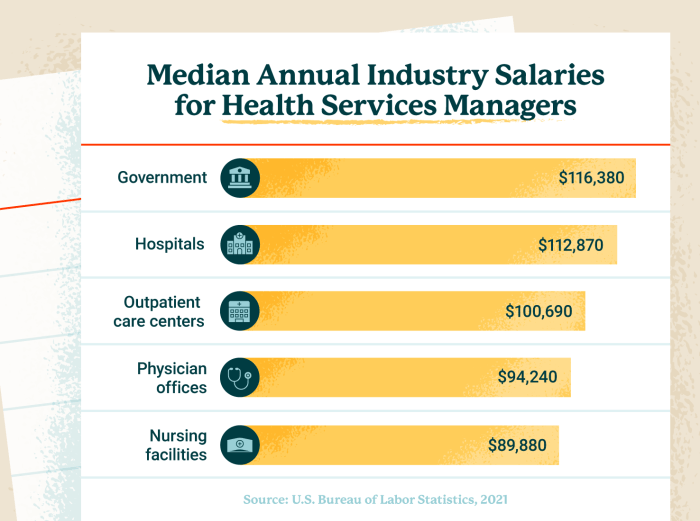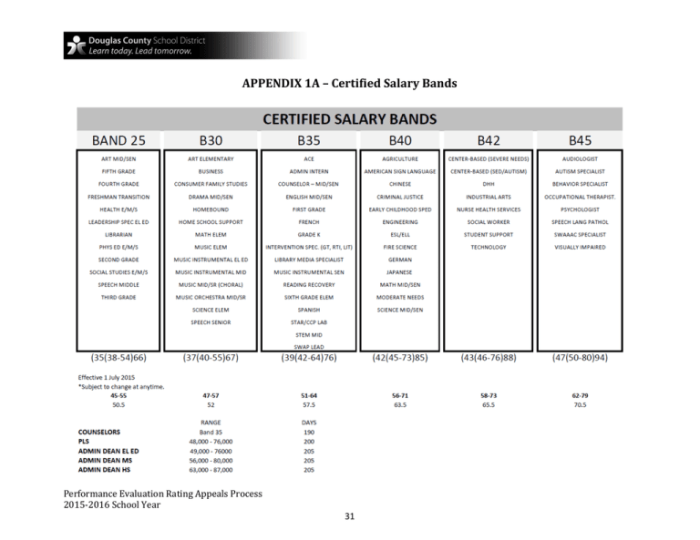El horario es típico. Salary manager environment schedule is a crucial aspect of human resource management that involves establishing and managing the salaries and benefits of employees within an organization. This comprehensive overview explores the typical salary manager environment, including common practices, challenges, and opportunities.
It also provides a sample schedule, highlighting the importance of time management, and discusses typical work hours, compensation, and benefits offered to salary managers.
The following sections delve into the nuances of salary management, providing valuable insights into the factors that influence work hours, compensation, and career paths. Additionally, tips for managing work-life balance and developing a successful career as a salary manager are presented, making this article an invaluable resource for HR professionals and aspiring salary managers alike.
Salary Manager Environment
Salary managers operate in a complex environment that encompasses various aspects of human resource management, compensation and benefits, and organizational strategy. They collaborate with stakeholders across the organization, including executives, managers, employees, and external partners, to ensure that salary practices are aligned with business objectives and regulatory requirements.
Common Salary Management Practices, El horario es típico. salary manager environment schedule
- Developing and implementing salary structures
- Conducting market research to benchmark salaries
- Evaluating and adjusting individual salaries
- Managing salary budgets
- Ensuring compliance with labor laws and regulations
Challenges and Opportunities
Salary managers face several challenges, including:
- Attracting and retaining top talent in a competitive job market
- Balancing the need for competitive salaries with organizational financial constraints
- Ensuring fairness and equity in salary practices
- Improve employee morale and motivation
- Enhance organizational productivity
- Reduce turnover and increase employee retention
- Monday:Conduct market research, review salary data, and prepare for meetings
- Tuesday:Meet with managers to discuss salary adjustments, finalize salary recommendations
- Wednesday:Process salary changes, update payroll system, and respond to employee inquiries
- Thursday:Attend training or professional development events, work on special projects
- Friday:Prepare reports, review industry trends, and plan for upcoming initiatives
- The number of employees in the organization
- The complexity of the salary structure
- The frequency of salary reviews
- The level of compliance with labor laws and regulations
- Setting clear boundaries between work and personal time
- Taking regular breaks throughout the day
- Delegating tasks to others when possible
- Using technology to automate tasks and improve efficiency
- Education and experience
- Certification and professional development
- Industry and location
- Size and profitability of the organization
- Health insurance
- Dental insurance
- Vision insurance
- Retirement plan
- Paid time off
- Flexible work schedules
- Telecommuting options
- Professional development opportunities
- Mentoring and coaching programs
- Wellness programs
- Compensation manager
- Director of compensation and benefits
- Vice president of human resources
- Strong understanding of compensation and benefits principles
- Excellent analytical and problem-solving skills
- Effective communication and interpersonal skills
- Ability to work independently and as part of a team
- Professional certification, such as the Certified Compensation Professional (CCP) or the Senior Professional in Human Resources (SPHR)
Despite these challenges, salary managers also have opportunities to make a significant impact on the organization. By effectively managing salaries, they can:
Schedule
The schedule of a salary manager typically includes a variety of tasks and responsibilities. Here is a sample schedule:
Time management is crucial for salary managers. They must be able to prioritize tasks, delegate effectively, and meet deadlines while maintaining accuracy and quality in their work.
Typical Hours

The typical work hours for a salary manager vary depending on the size and industry of the organization. In general, salary managers work 40-50 hours per week. However, they may need to work overtime during peak periods, such as during annual salary reviews or when implementing new salary structures.
Factors that can affect work hours include:
Salary managers can manage their work-life balance by:
Compensation: El Horario Es Típico. Salary Manager Environment Schedule

The salary range for salary managers varies depending on experience, location, and the size of the organization. According to Salary.com, the median annual salary for salary managers in the United States is $85,000. However, salaries can range from $60,000 to $120,000 or more.
Factors that can affect salary include:
In addition to salary, salary managers may also receive a variety of benefits, such as:
Benefits
Salary managers play a critical role in attracting and retaining top talent. By offering competitive salaries and benefits, organizations can create a positive work environment and increase employee satisfaction.
Some common benefits offered to salary managers include:
Innovative benefits packages can help organizations differentiate themselves in the job market and attract the best candidates.
Career Path

The typical career path for a salary manager begins with a role as a compensation analyst or HR generalist. With experience and additional education, salary managers can advance to more senior positions, such as:
The skills and experience required for advancement include:
Salary managers who are successful in their careers typically possess a combination of technical expertise, leadership skills, and a strong understanding of the business.
FAQ Resource
What are the common challenges faced by salary managers?
Salary managers often face challenges related to managing salary budgets, ensuring pay equity, staying up-to-date with market trends, and balancing the needs of employees with the financial constraints of the organization.
How can salary managers improve their time management skills?
Salary managers can improve their time management skills by prioritizing tasks, delegating responsibilities, using technology to automate processes, and setting realistic deadlines.
What are the factors that can affect the compensation of salary managers?
The compensation of salary managers is influenced by factors such as experience, education, industry, company size, and location.